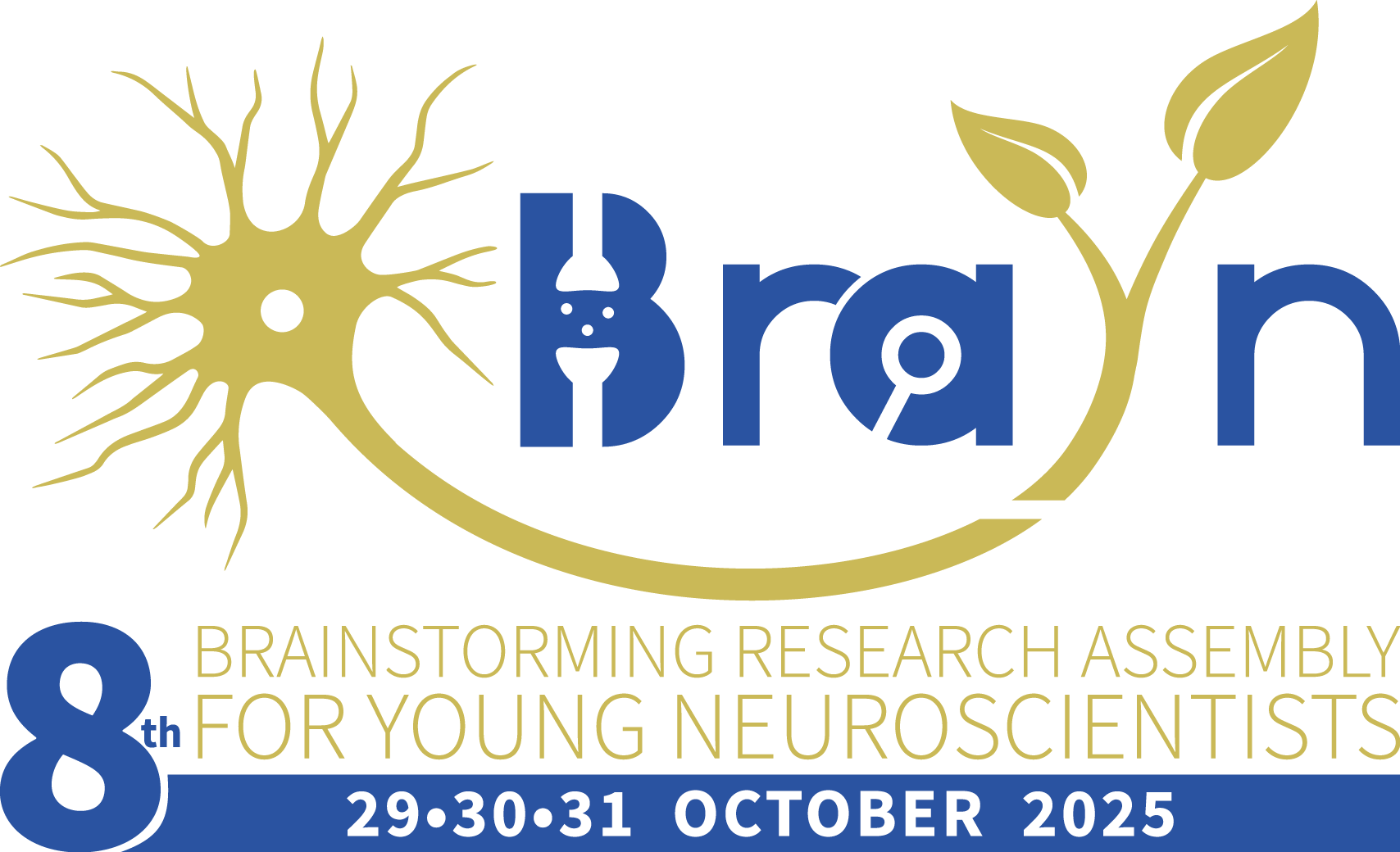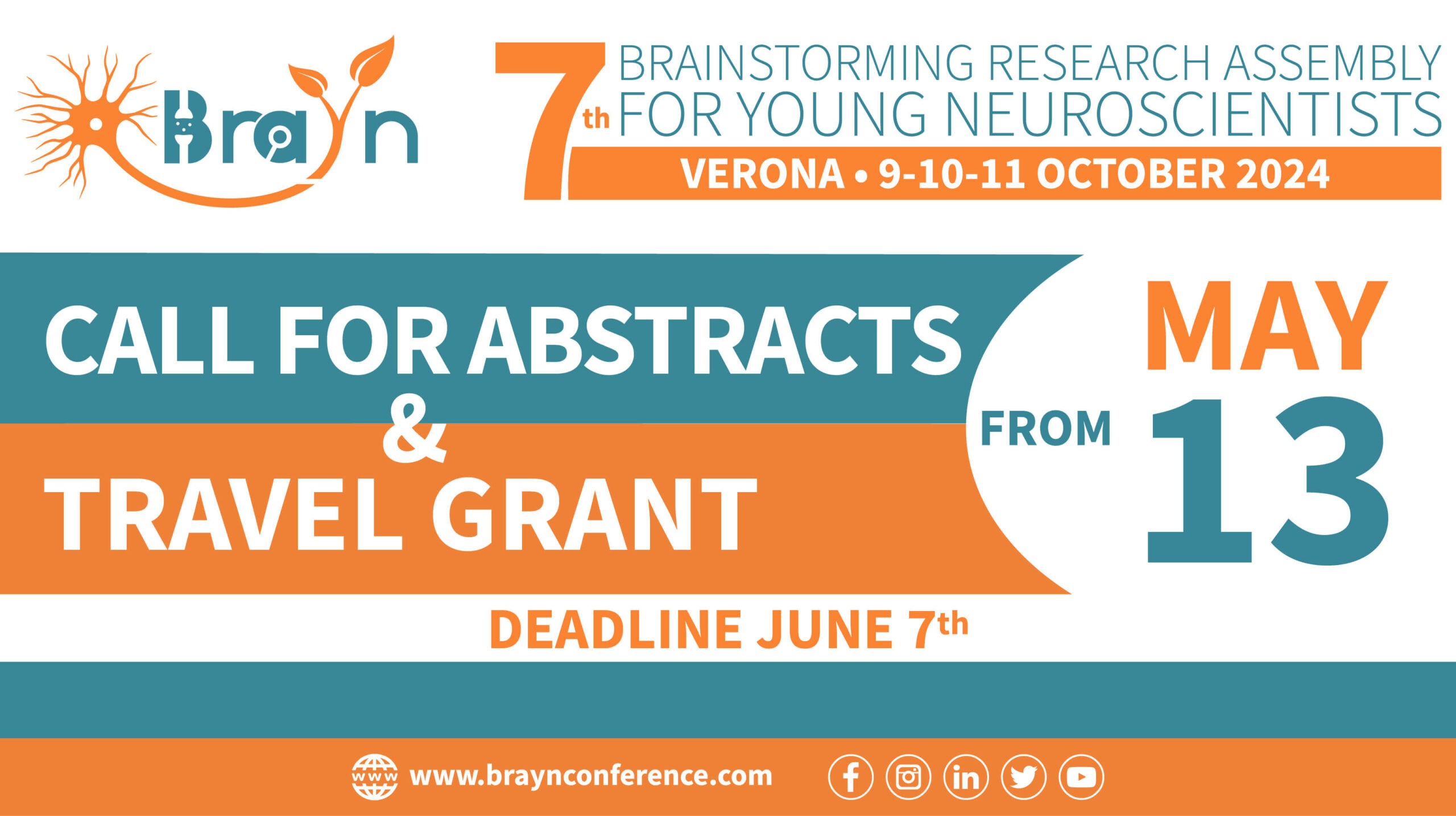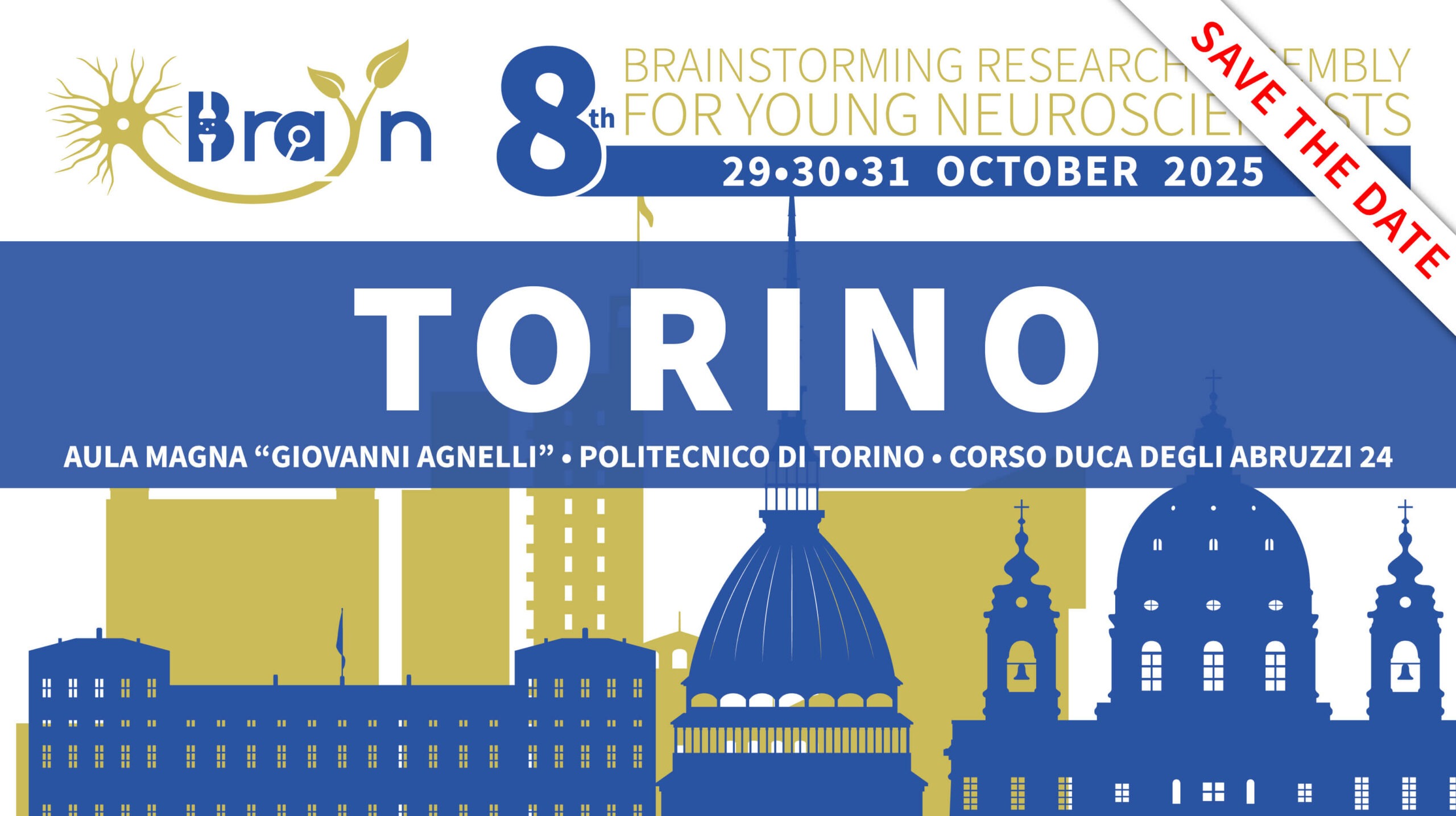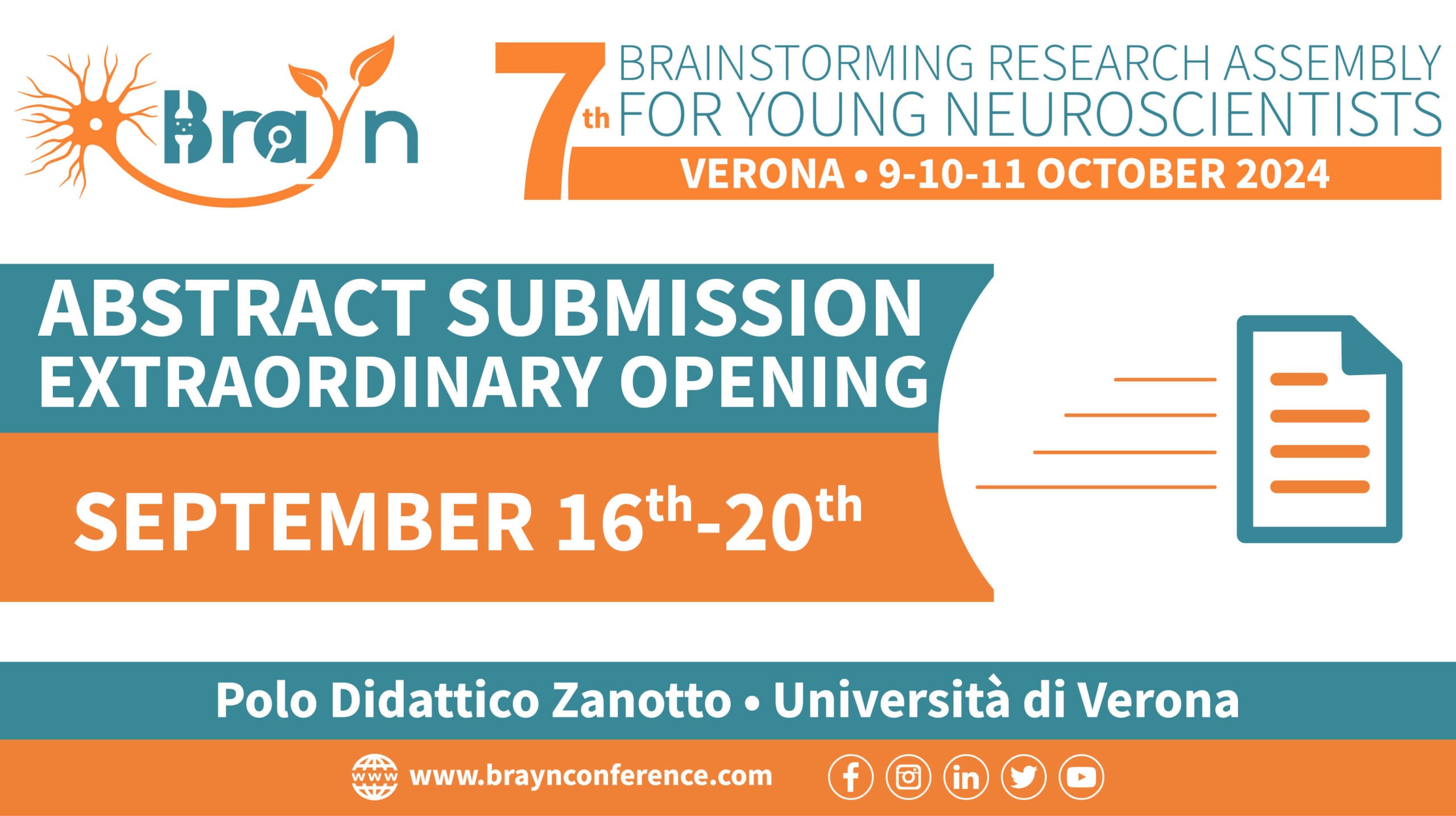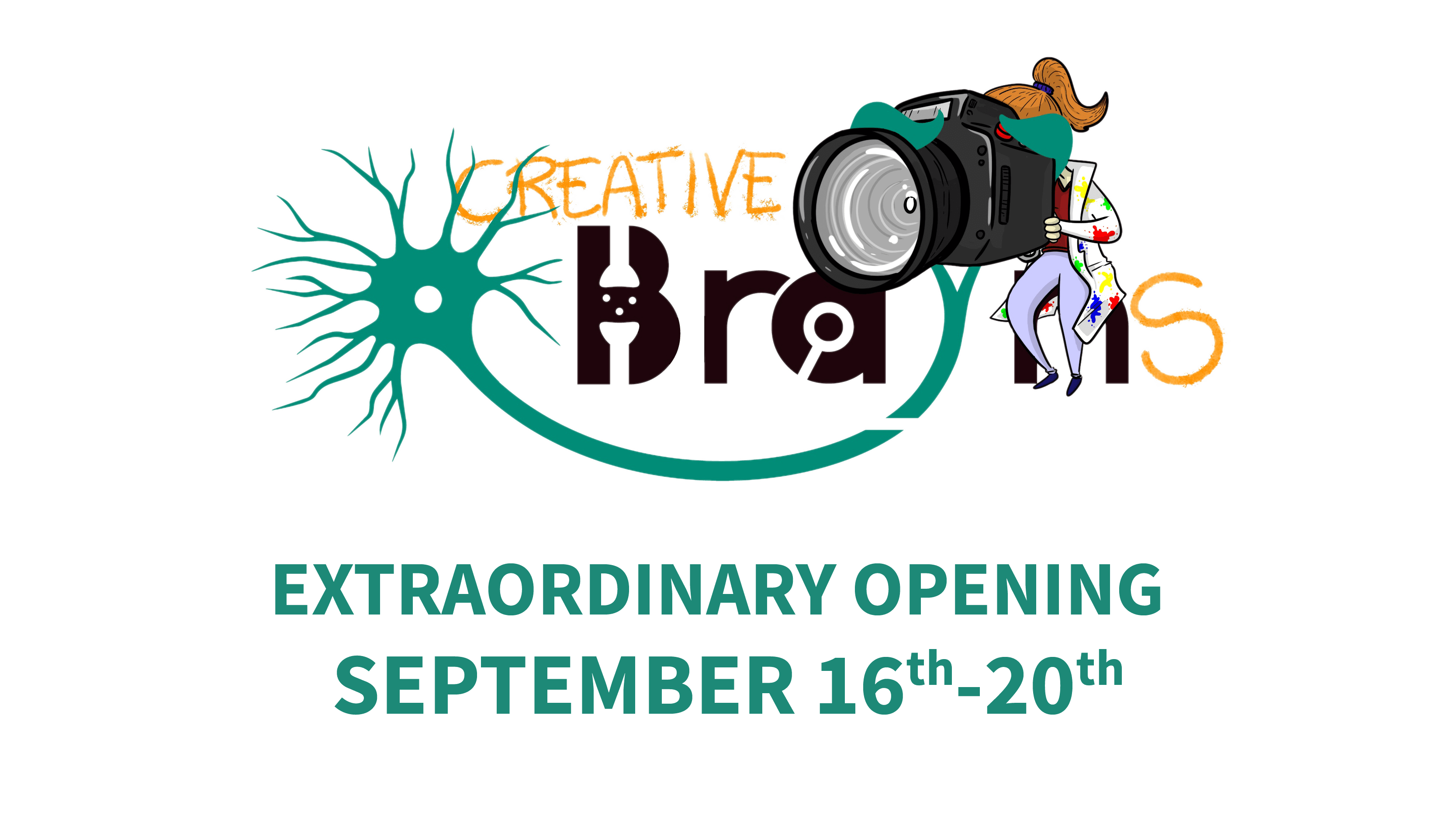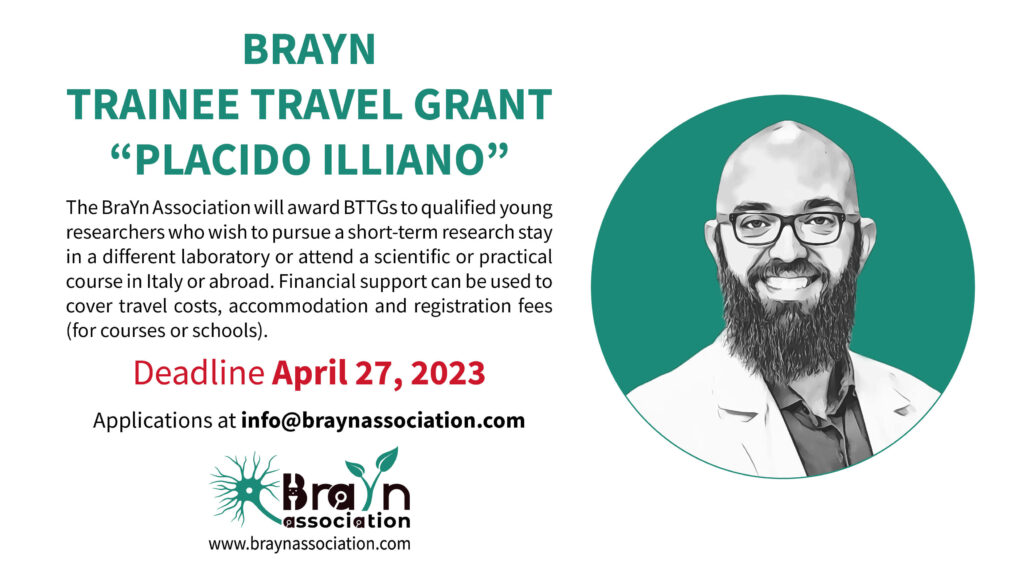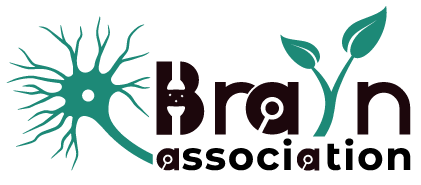Scientific Sessions
Neuroimaging & Clinical Neurology is a comprehensive scientific session exploring the intersection of advanced neuroimaging techniques and clinical neurology applications. This session delves into the utilization of various neuroimaging methodologies to probe the structure, function, and physiology of the nervous system, alongside the translational aspects of clinical neurology. The session covers two primary neuroimaging approaches: structural imaging, which aids in the diagnosis of large-scale intracranial diseases and injuries, and functional imaging, crucial for diagnosing metabolic diseases like Alzheimer’s and facilitating neurological and cognitive psychology research. Techniques such as Computed Tomography (CT), Magnetic Resonance Imaging (MRI), Electroencephalography (EEG), and Positron Emission Tomography (PET) will be discussed in the context of their applications alone or in combination to investigate neurological diseases. Moreover, the session emphasizes the integration of neuroscience data and basic research with clinical neurology to enhance understanding and treatment of nervous system disorders.
Neuroinflammation is a scientific session focused on exploring the mechanisms the inflammatory response initiated in the central nervous system (CNS) by resident cells or triggered by infiltrating immune cells, which causes the neuronal dysfunctions observed in inflammatory and neurodegenerative disease of the CNS. The NI session mainly focuses on basic and clinical research in multiple sclerosis (MS), Neuromyelitis Optica Spectrum Disorder (NMOSD) and other inflammatory diseases of the CNS that have a significant impact on the lives of young adults. Although the scientific discoveries of recent decades have improved the therapeutic approaches used for the treatment of such pathologies, many questions still remain unanswered. The NI session aims to discuss the basic pathogenic mechanisms governing CNS inflammation, the role of immune system in CNS autoimmunity, and the importance of genetic and environmental factors in the development of neuroinflammatory diseases, with a patient-centered focus.
Neurodegeneration is a scientific session focused on key aspects of a large number of diseases characterized by progressive damage of the nervous system that leads to irreversible neuronal death. The ND session will update on the more recent advances in the field. Specifically, the session will mainly focus on Parkinson’s disease (PD), a slowly progressive syndrome that begins insidiously, gradually worsens in severity, and usually affects one side of the body before spreading to involve the other side, and Alzheimer’s disease (AD), the most common type of dementia and an irreversible, neurodegenerative and progressive central nervous system disorder that slowly destroys memory and thinking skills, and, eventually, other mental abilities. Other neurodegenerative diseases, such as tauopathies, narcolepsy, depression and psychiatric disorders, will be also discussed in this session.
Neuro-oncology session will cover the field of investigation that studies nervous system tumors. As many of brain tumors can cause severe nervous system damage, neuro-oncology represents a trending research area in neuroscience, which may identify the molecular mechanisms involved in tumor pathogenesis. This session will also discuss the development of novel therapeutic approaches for the treatment of life-threatening diseases such as glioma, and medulloblastoma.
Neurophysiology & Neural Plasticity session will cover the molecular mechanisms underlying the function of the nervous system and the capacity of the nervous system to modify itself, functionally and structurally, in response to experience and injury. All levels of function and plasticity changes will be discussed, from receptors and cellular physiology to systems and behaviour. This session will delve into approaches such as molecular and cellular neurobiology, functional neuroanatomy, neurochemistry, neuropharmacology, electrophysiology, and behavioural analysis, in both in-vivo, ex-vivo and in-vitro models in invertebrate or vertebrate species, including humans.
Neurodevelopment session will cover the mechanisms and the genetics underlying human and animal brain development in health and disease. This session will focus on neurodevelopmental disorders, including autism spectrum disorder, intellectual disability, and epilepsy. The session will also discuss about the contribution of both genetic and environmental factors, as well as the role of neuronal and non-neuronal cells in the etiopathology of these disorders. This session will delve into the genetics and the molecular and cellular neurobiology underlying brain development. In this session we will also discuss on the implementation of novel therapeutic strategies to tackle neurodevelopmental disorders.

